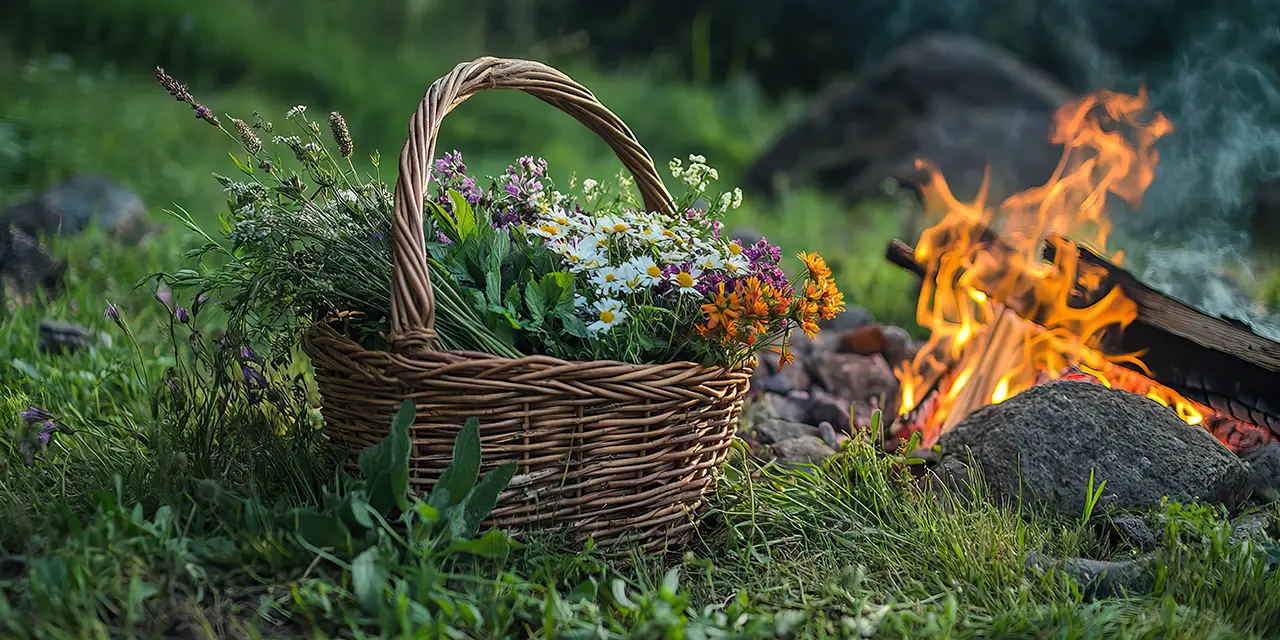
Sustainability and ethical eating have long been a part of Mediterranean food culture, driven by tradition and a respect for nature. Seasonal and local eating is the foundation of Mediterranean cuisine, showcasing vibrant flavours and reducing environmental impact. Nose-to-tail and root-to-stem cooking ensure minimal waste and maximum flavour in traditional Mediterranean dishes.
In the age of buzzwords like “sustainability” and “ethical eating,” it’s easy to believe these ideas are modern inventions—conscious choices born of environmental urgency and lifestyle trends. But what if we told you that sustainability isn’t new? That for centuries, people have been living, farming, and cooking in ways that are inherently ethical and sustainable, not because it’s trendy, but because it’s essential?
Look no further than the Mediterranean. This vibrant region has long been a model for eating sustainably, guided by necessity, tradition, and a deep respect for nature. From ancient fishing techniques to the art of preserving surplus, Mediterranean communities have perfected practices that modern food movements are only beginning to rediscover.
Join us as we journey through the Mediterranean basin, uncovering traditional methods of food production and preparation that have stood the test of time. These practices are as relevant today as they were centuries ago—proof that living sustainably is more than possible; it’s delicious.
Eating seasonally and locally is a cornerstone of Mediterranean food culture. Long before global trade made exotic ingredients accessible year-round, communities relied on what was fresh, local, and in season. This wasn’t a choice—it was a way of life. And in embracing this rhythm, they created a cuisine celebrated for its vibrant, simple flavours.
Seasonal eating reduces the environmental impact of transporting food over long distances, while local sourcing supports regional farmers. By consuming produce at its peak, Mediterranean communities also enjoy maximum flavour and nutritional value—proof that sustainability is as practical as it is delicious.
In Mediterranean kitchens, every part of an ingredient is honoured, reflecting a deep-rooted respect for food. Whether it’s an animal or a vegetable, traditional cooking makes use of everything, ensuring minimal waste and maximum flavour.
Using every part of an ingredient prevents waste and makes the most of available resources. It’s a practical and ethical way to honour the effort that goes into producing food.
For centuries, Mediterranean fishing communities have understood the importance of balance—taking only what the sea can give without depleting its resources. Traditional fishing techniques prioritise sustainability, ensuring that marine ecosystems remain healthy for future generations.
These methods maintain the balance of marine life, prevent overfishing, and support small-scale fishing communities that rely on the sea for their livelihoods.
Before refrigeration, Mediterranean communities mastered the art of preserving food. These techniques not only ensured food security but also added depth of flavour to dishes, turning necessity into culinary genius.
Preservation techniques minimise waste, extend the life of seasonal ingredients, and reduce reliance on energy-intensive refrigeration systems.
Mediterranean agriculture has long been guided by practices that work with, rather than against, the environment. From water conservation to crop rotation, these methods ensure that the land remains fertile and productive for generations.
These techniques promote biodiversity, conserve water, and maintain the land’s long-term viability, proving that farming can be productive and eco-friendly.
In Mediterranean cultures, food is never just about sustenance—it’s about connection. Sharing meals is a ritual that strengthens community bonds and ensures that food is consumed thoughtfully and with gratitude.
Communal dining reduces waste by preventing over-portioning, fosters gratitude for food, and strengthens the sense of community—values that are central to ethical eating.
Mediterranean cultures have long revered the land and sea as sources of life. This respect manifests in rituals, festivals, and everyday practices that honour the natural world.
These practices foster environmental stewardship, ensuring that natural resources are used responsibly and replenished for future generations.
The Mediterranean offers a treasure trove of lessons in sustainability and ethical eating. From respecting the land’s rhythms to valuing every scrap of food, these traditions remind us that eating responsibly isn’t about sacrifice—it’s about celebrating abundance in a thoughtful, respectful way.
As we face modern challenges like climate change and food waste, these age-old practices offer timeless solutions. By embracing the wisdom of Mediterranean cultures, we can create a future where sustainability isn’t a trend but a way of life.
Which of these traditions inspires you the most? Share your thoughts in the comments, and let’s keep the conversation—and these traditions—alive.

At Med.kitchen, our passion lies in crafting exceptional culinary experiences through our online platform. We specialise in sharing a wealth of knowledge via articles, recipes, courses, and online mentoring, aiming to inspire both novice and seasoned chefs alike. Our focus has shifted from private dining to being an online source of gastronomic inspiration, allowing you to explore and refine your culinary skills from the comfort of your home..